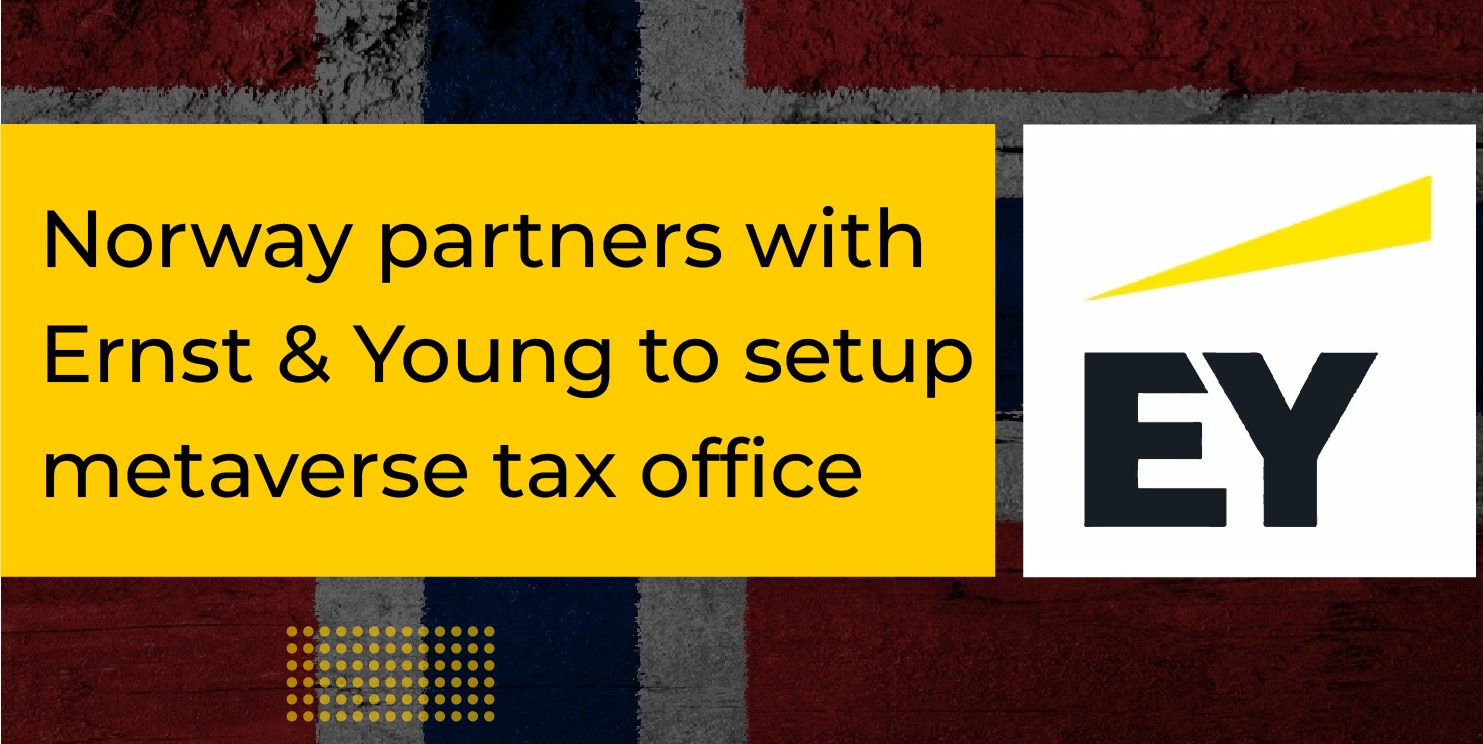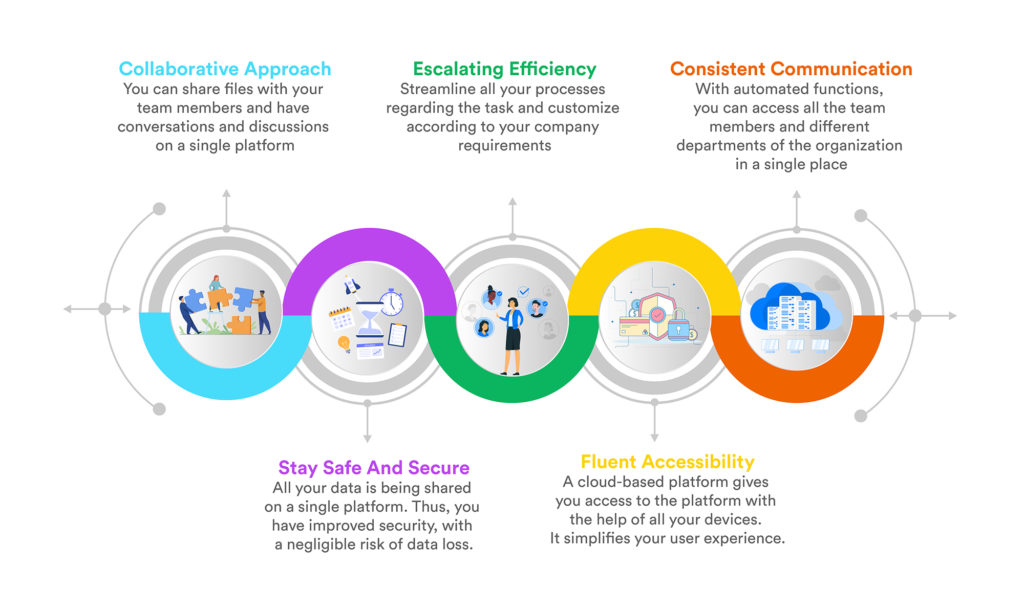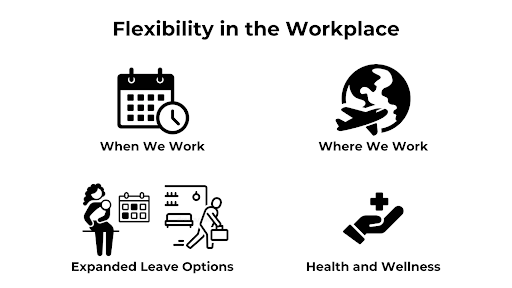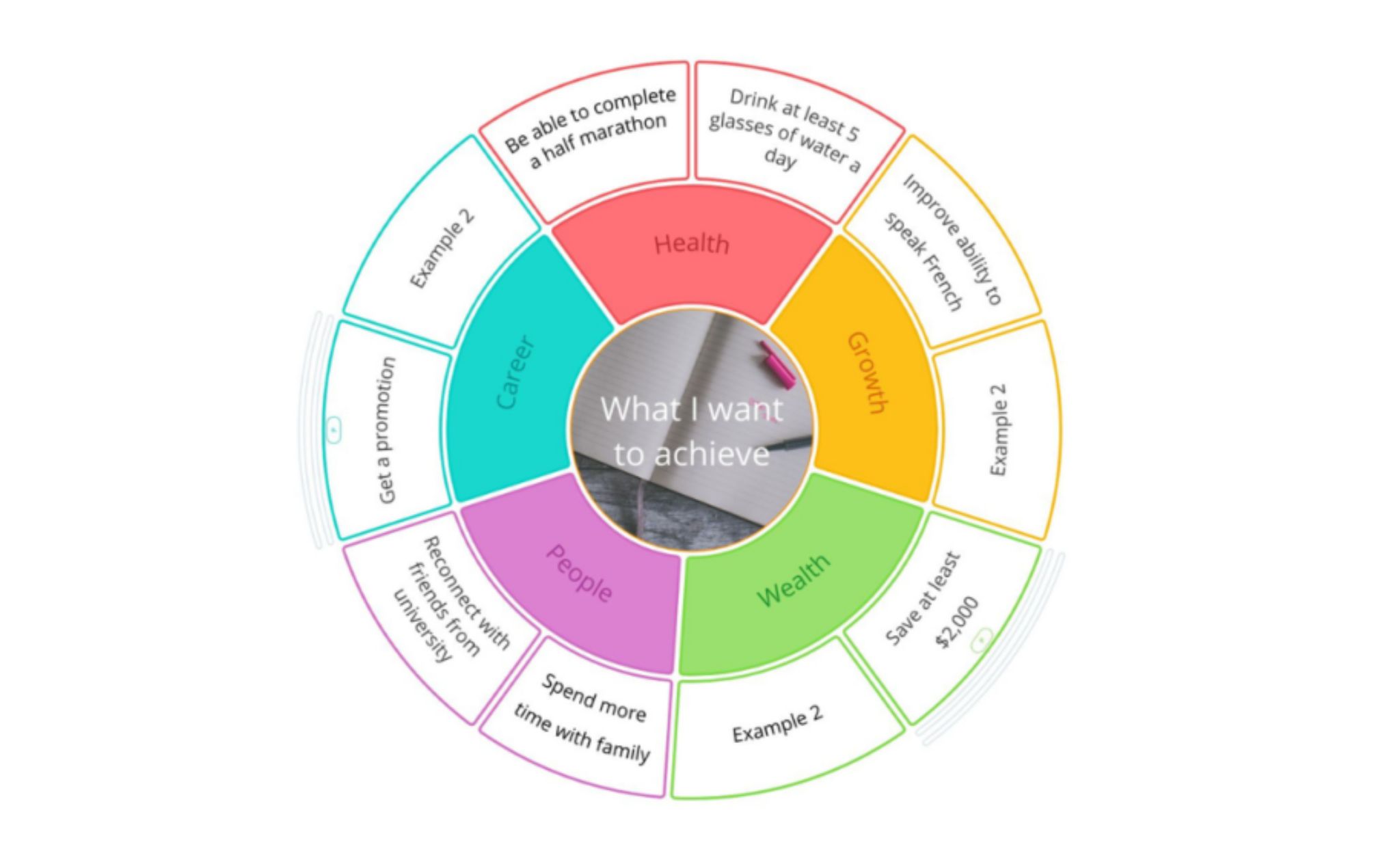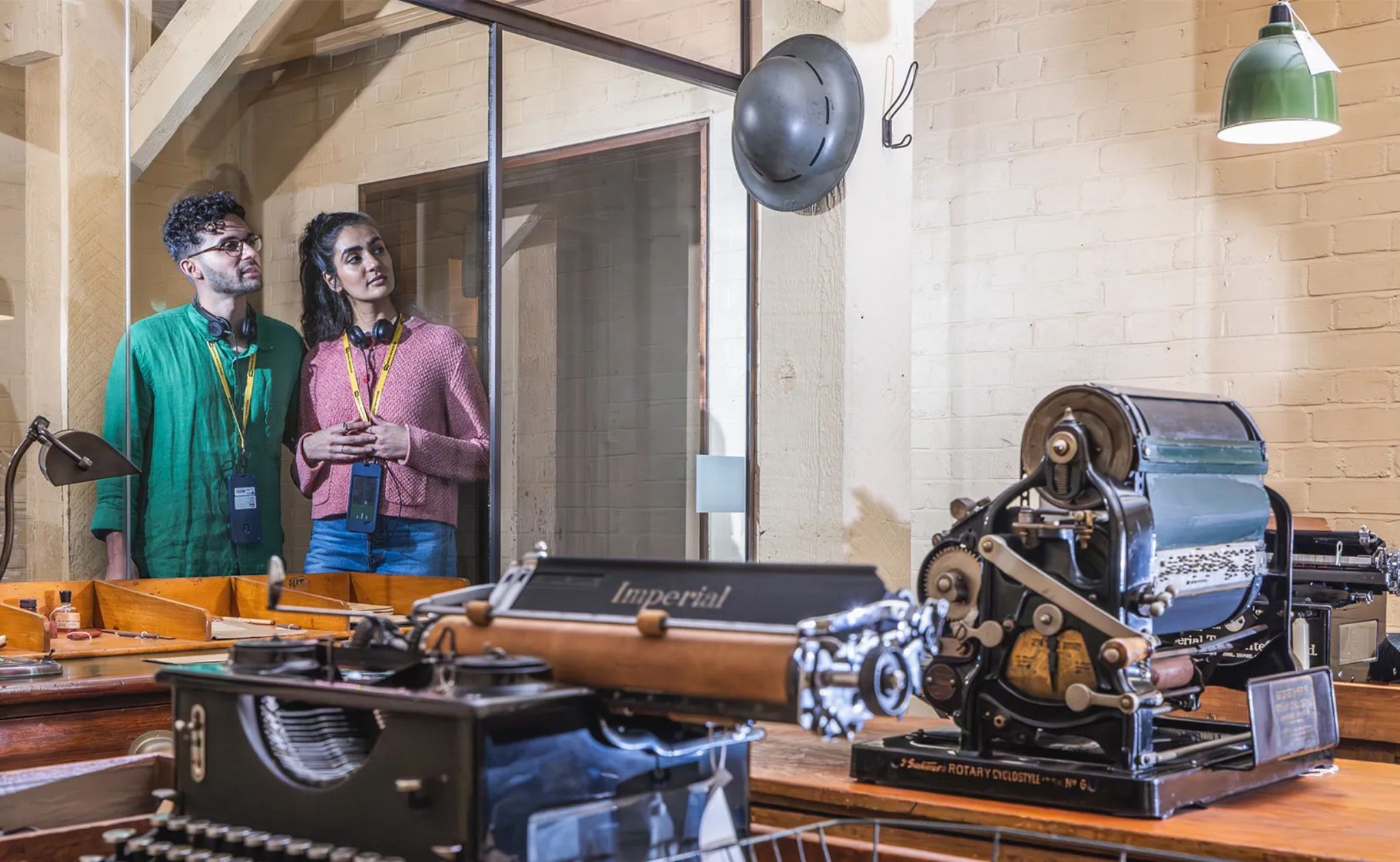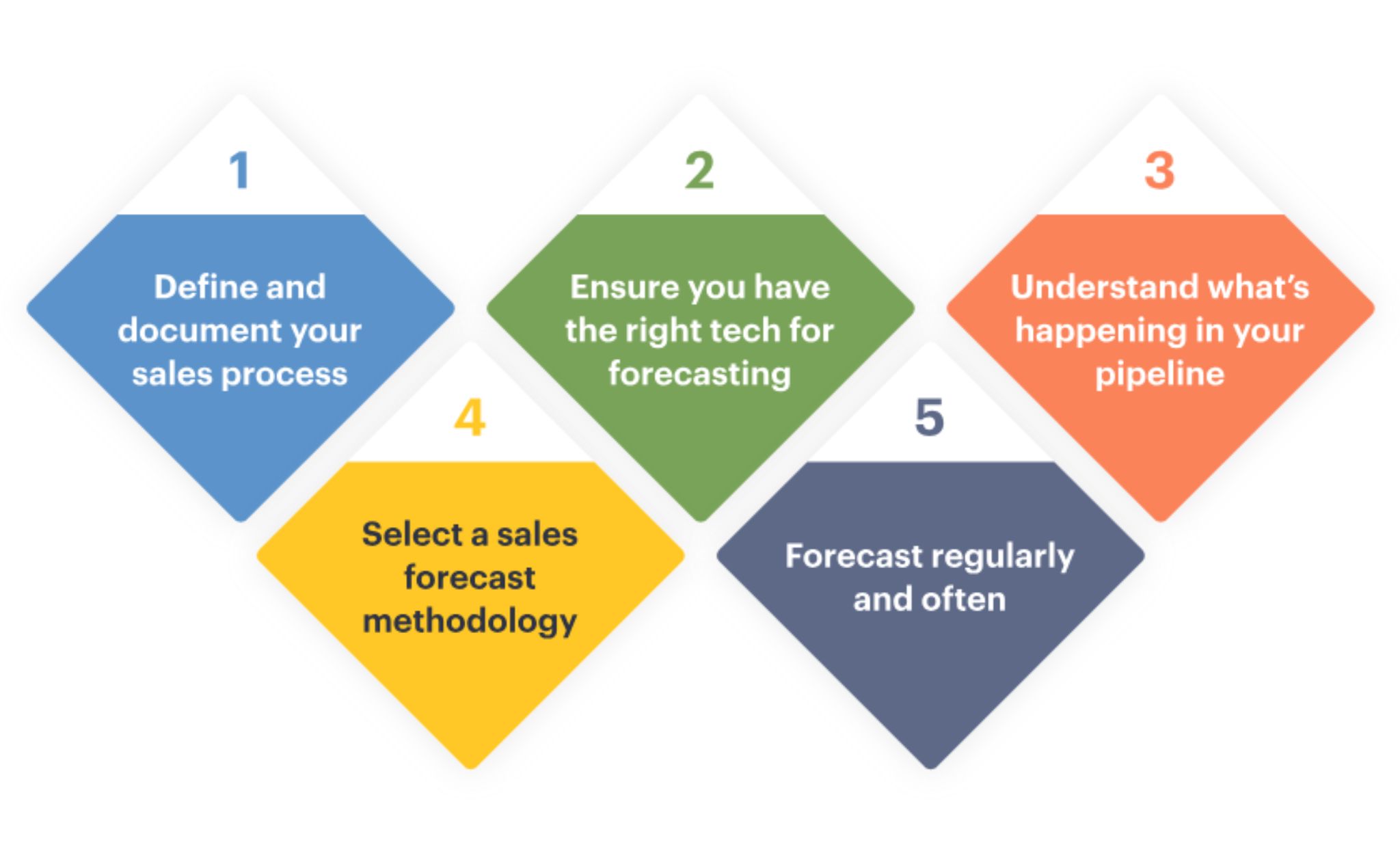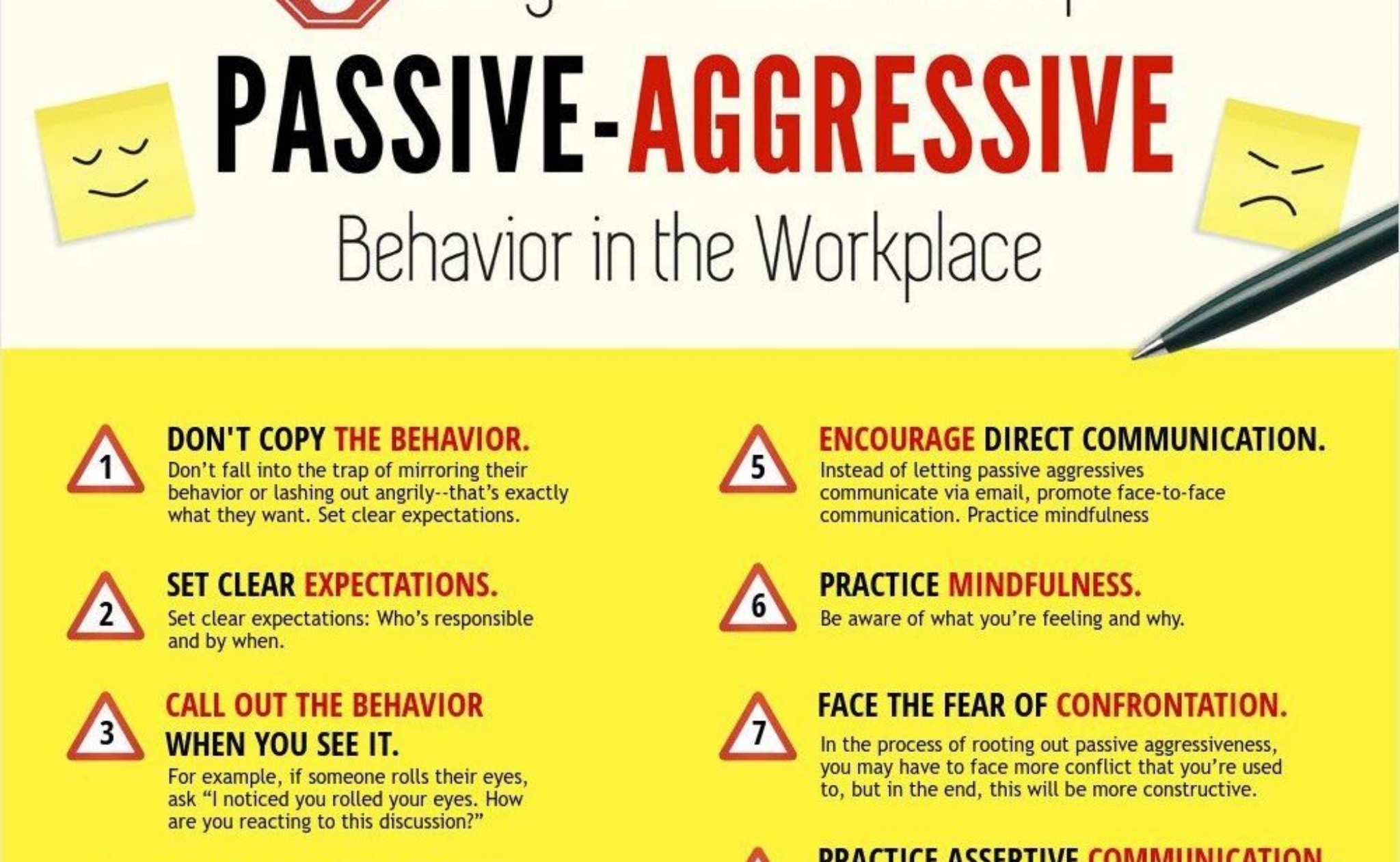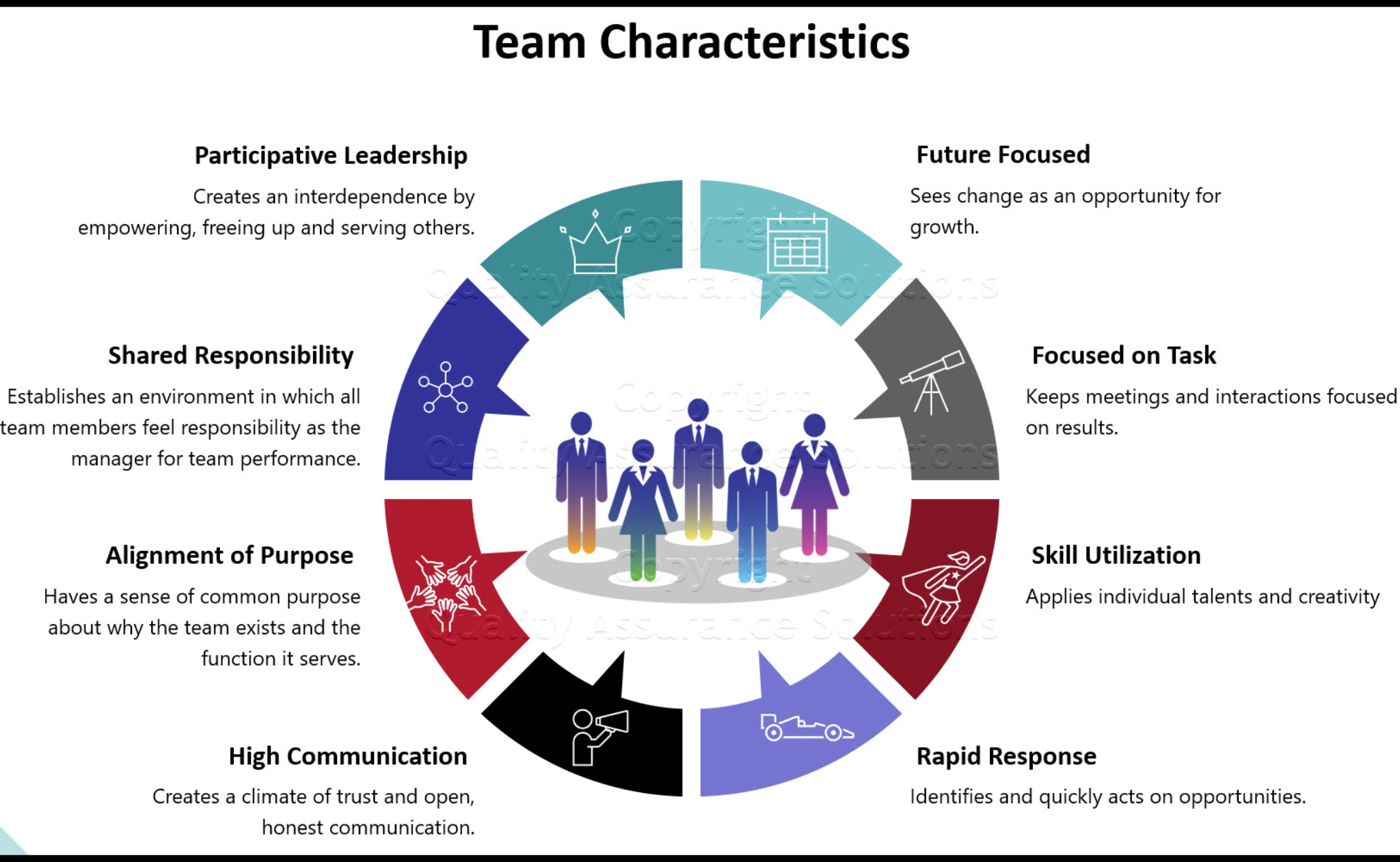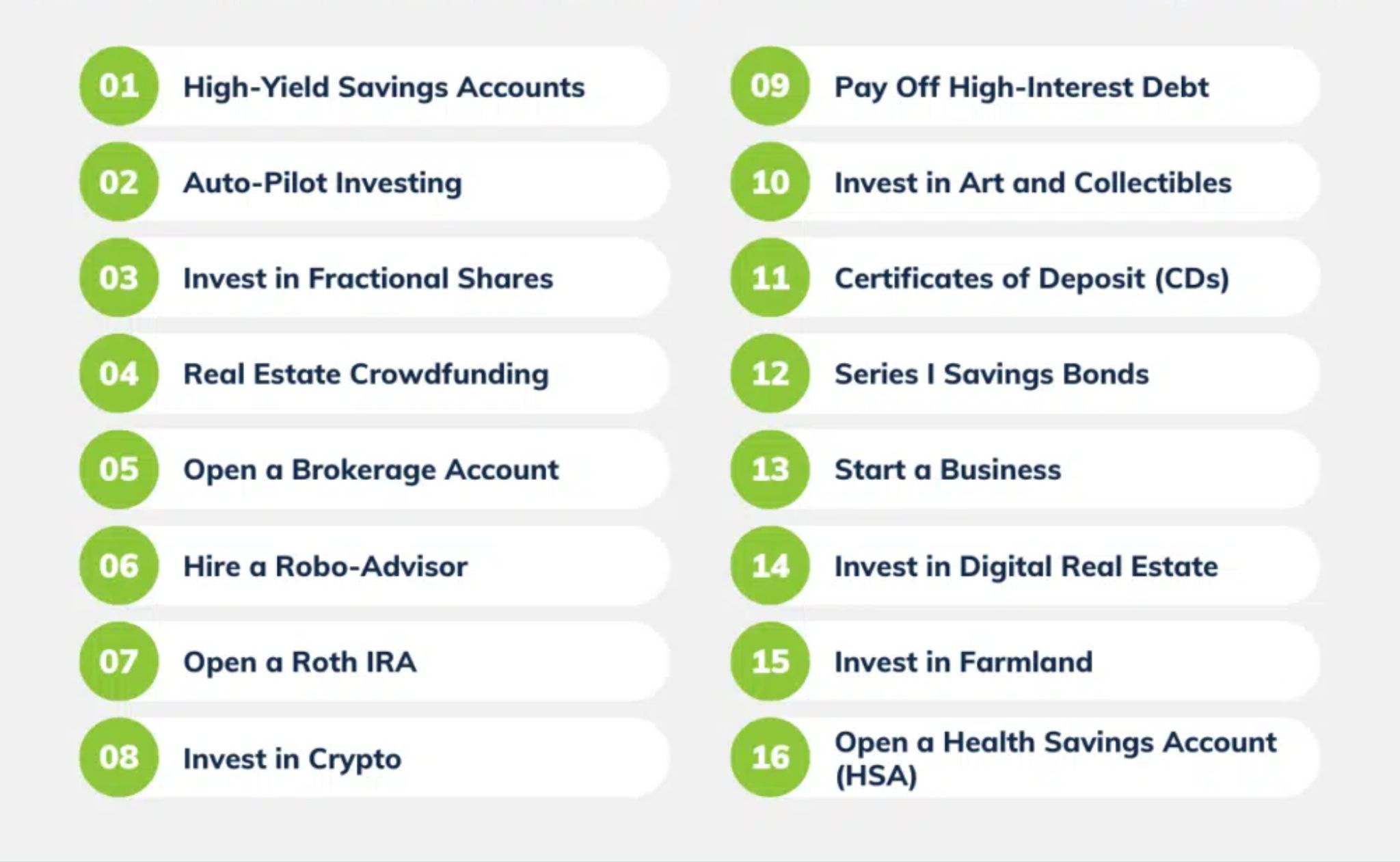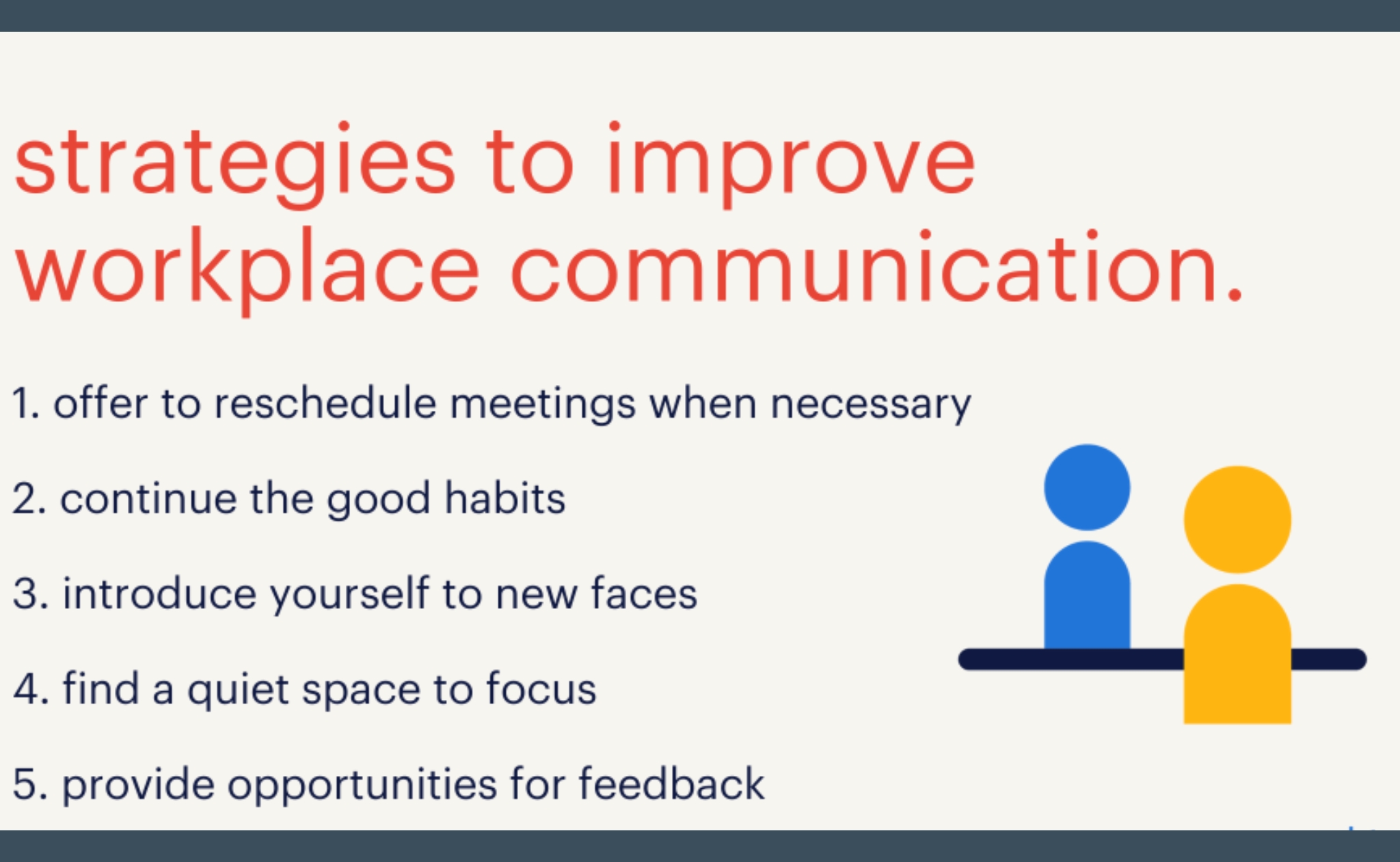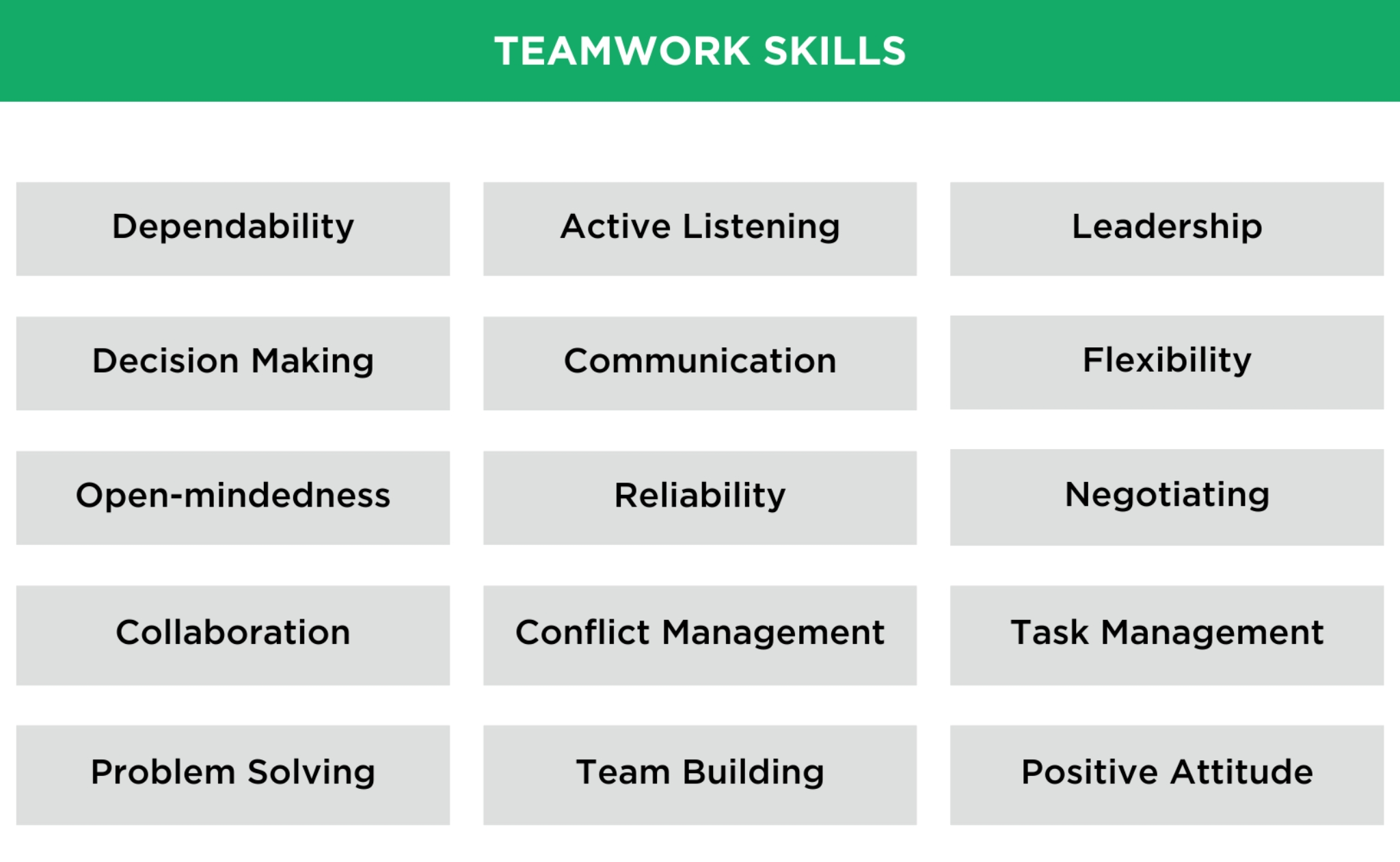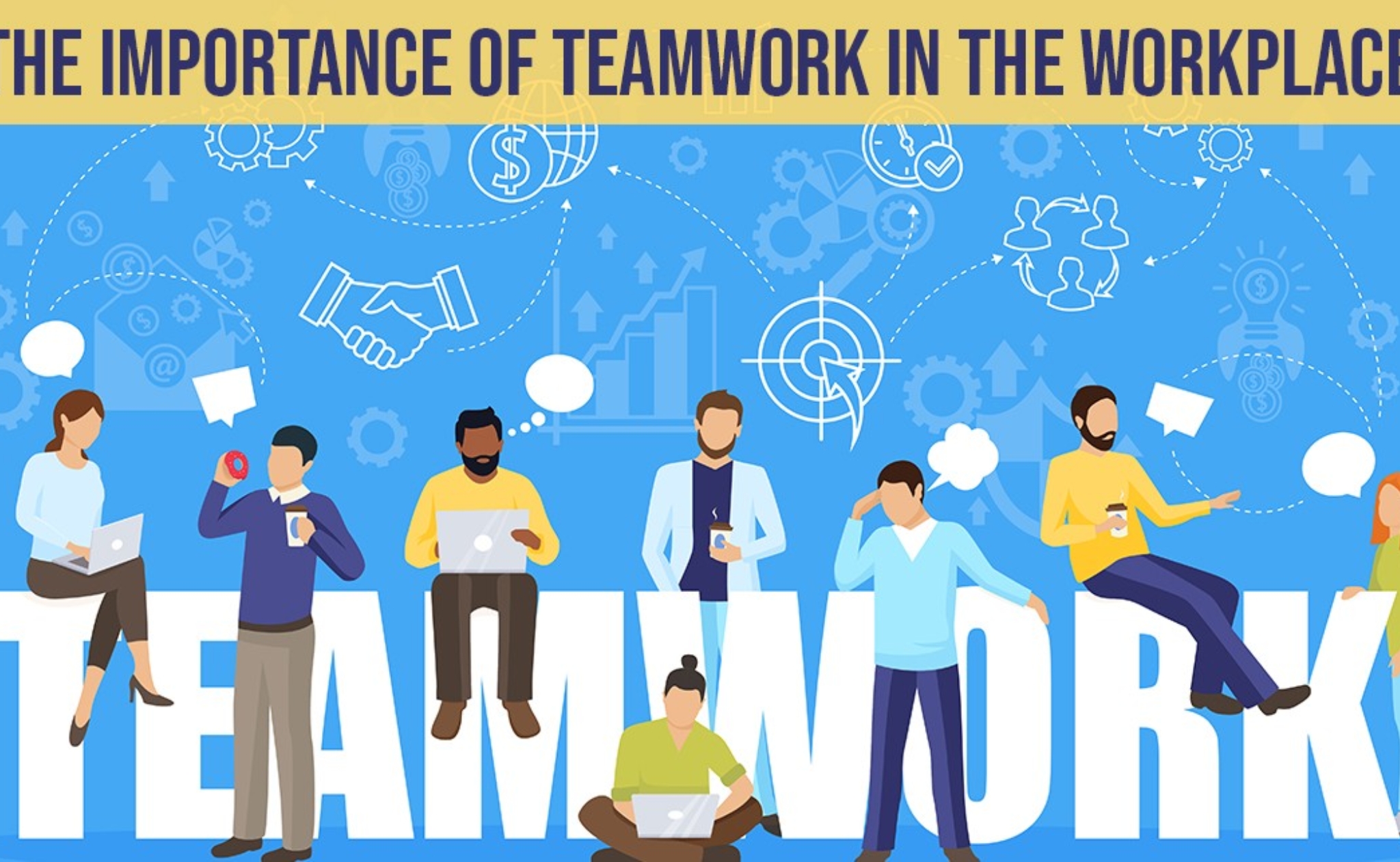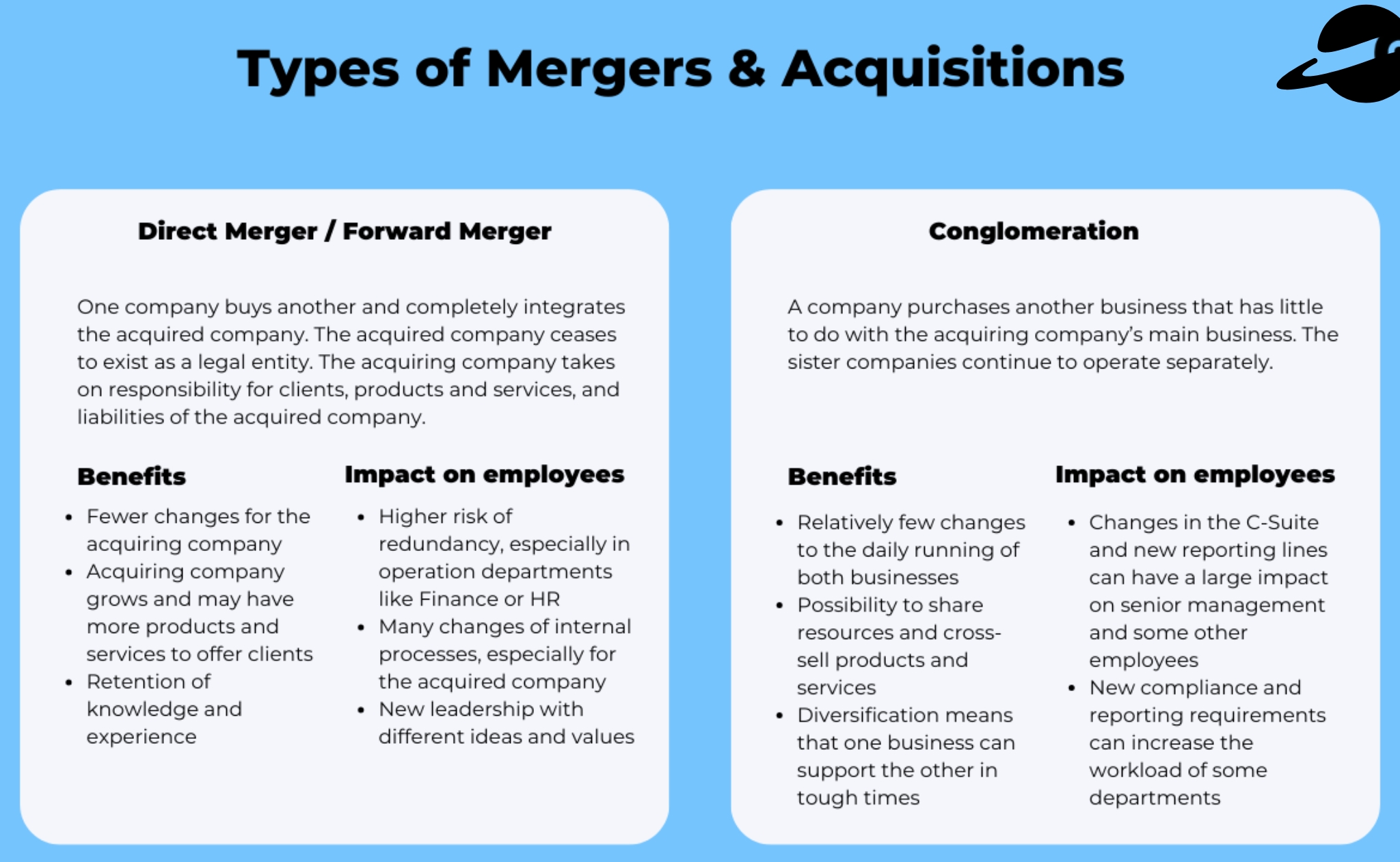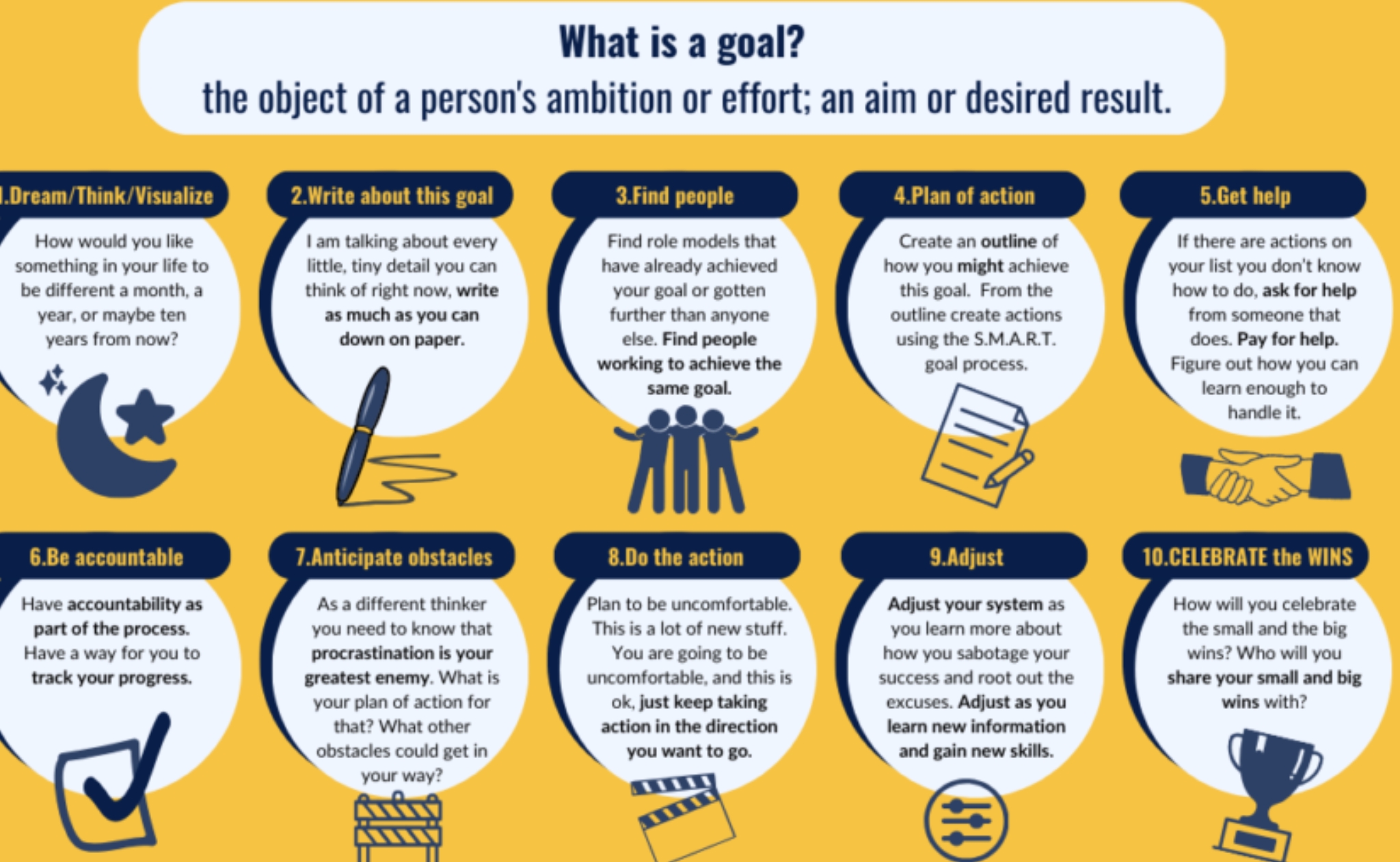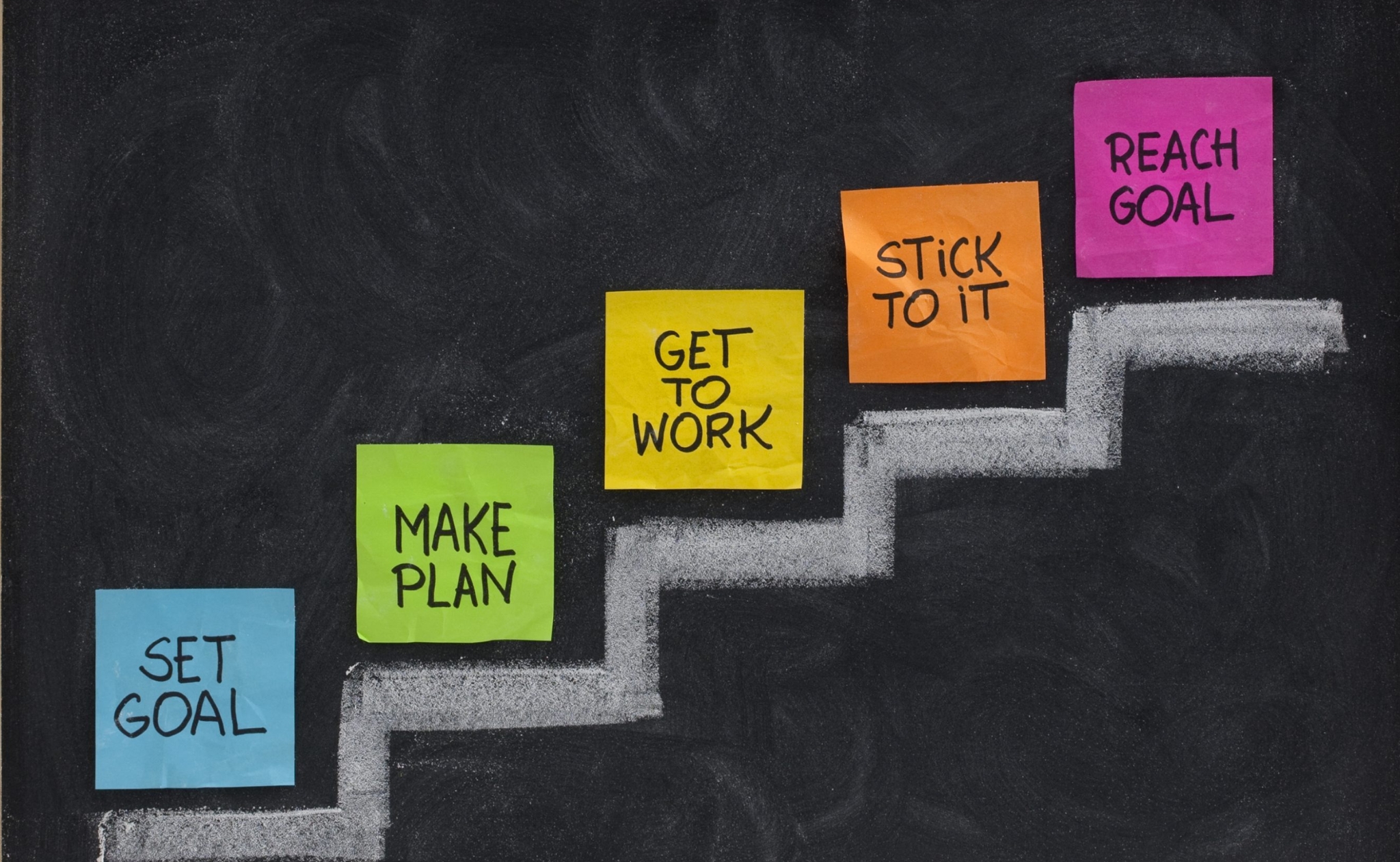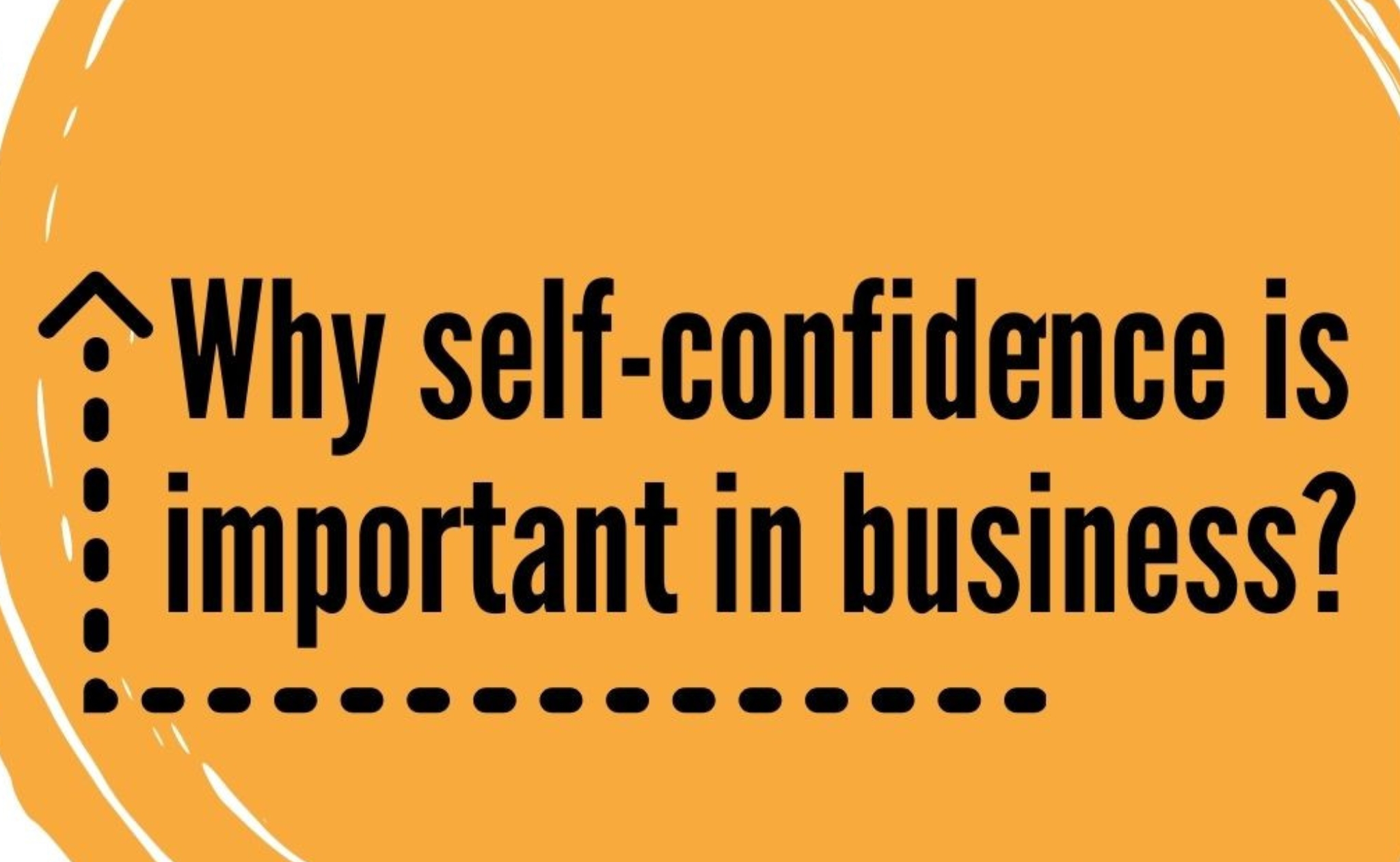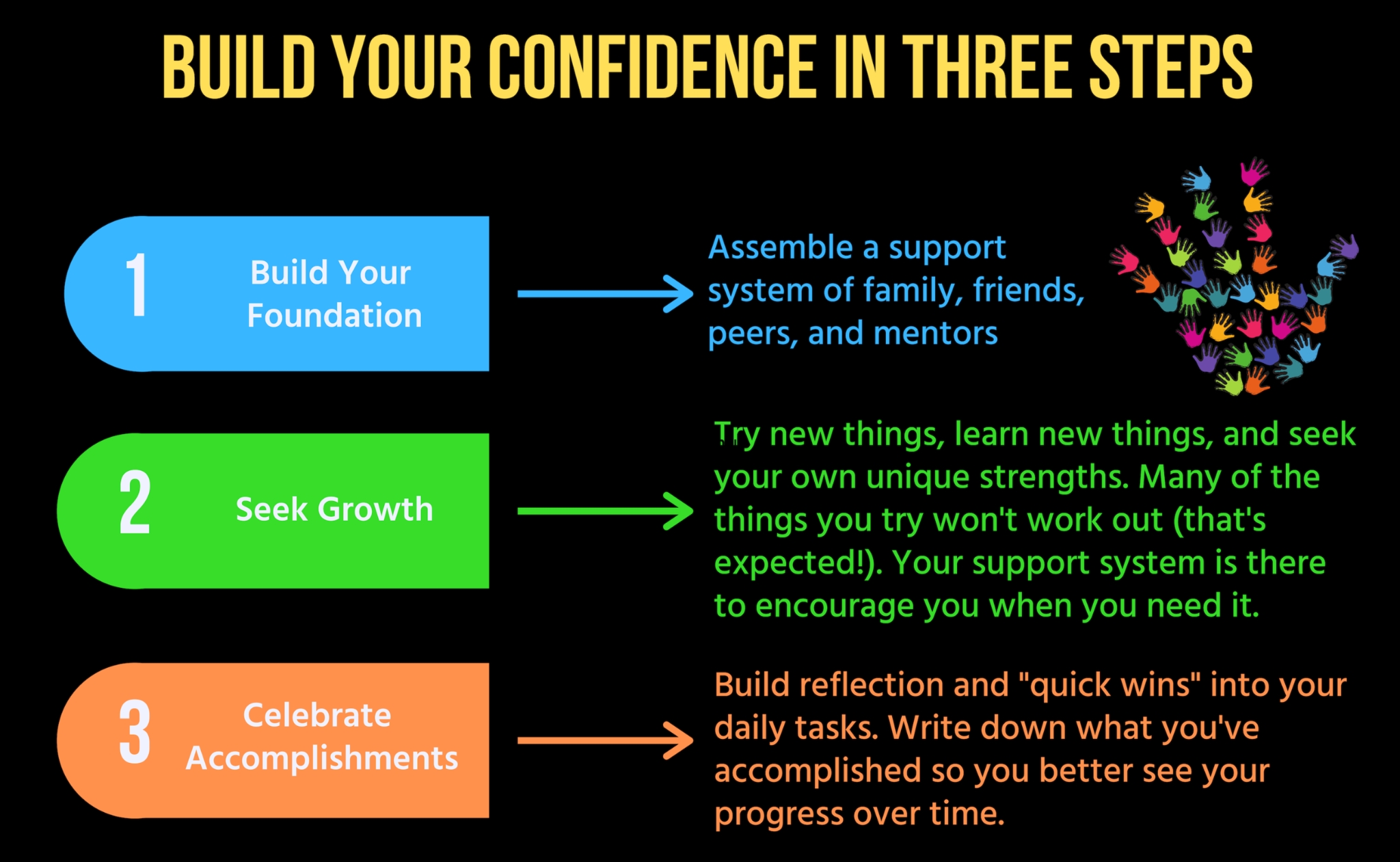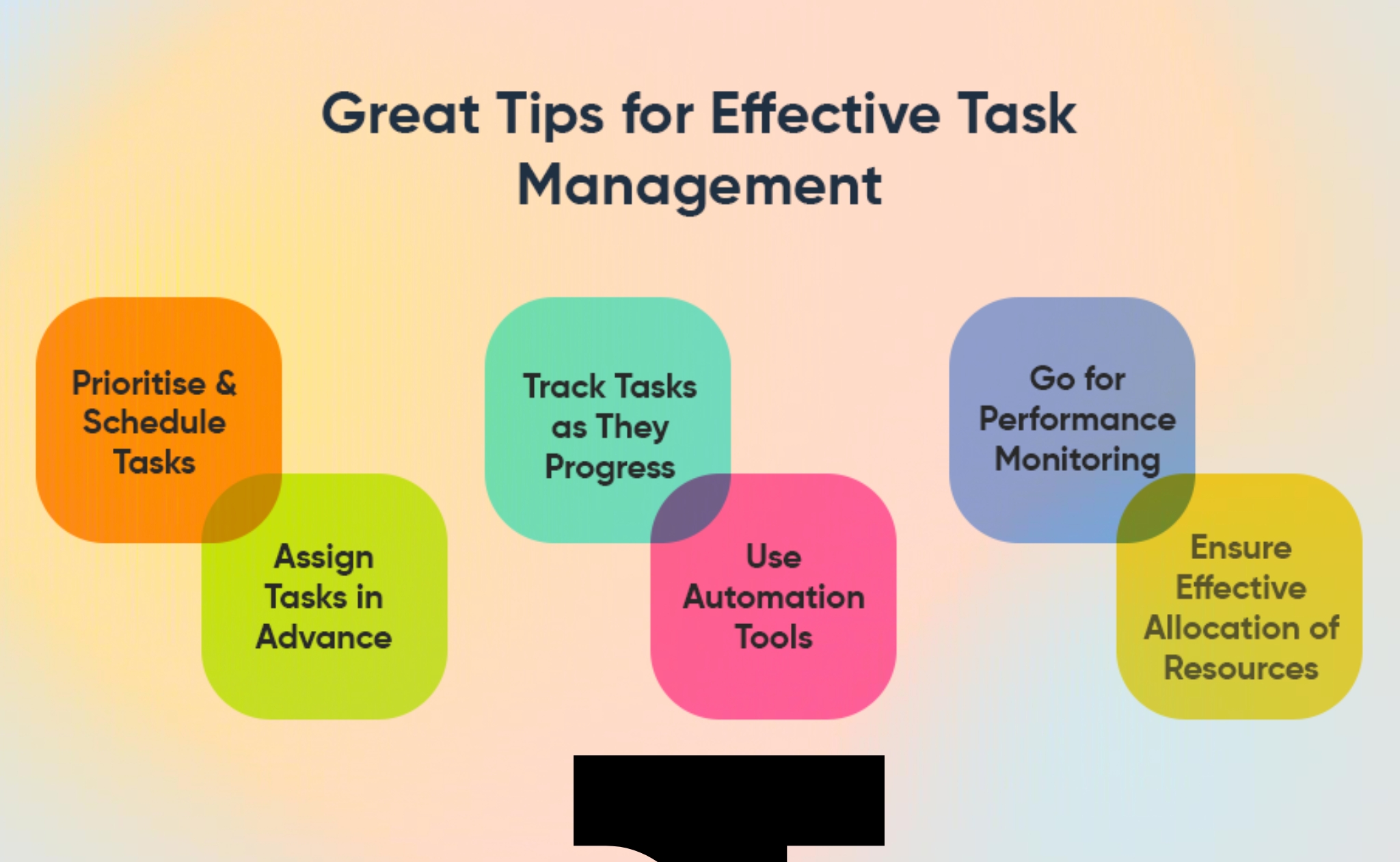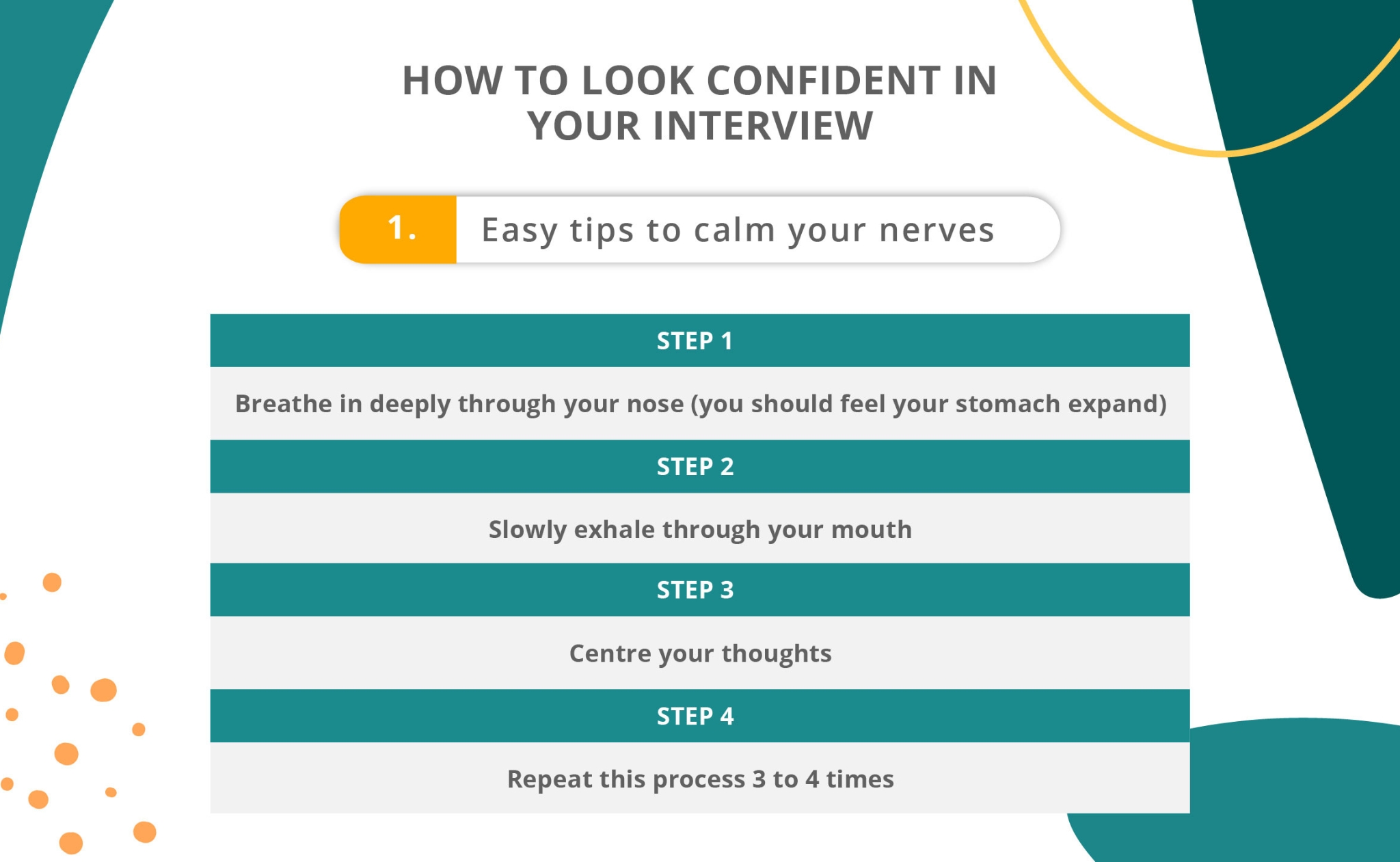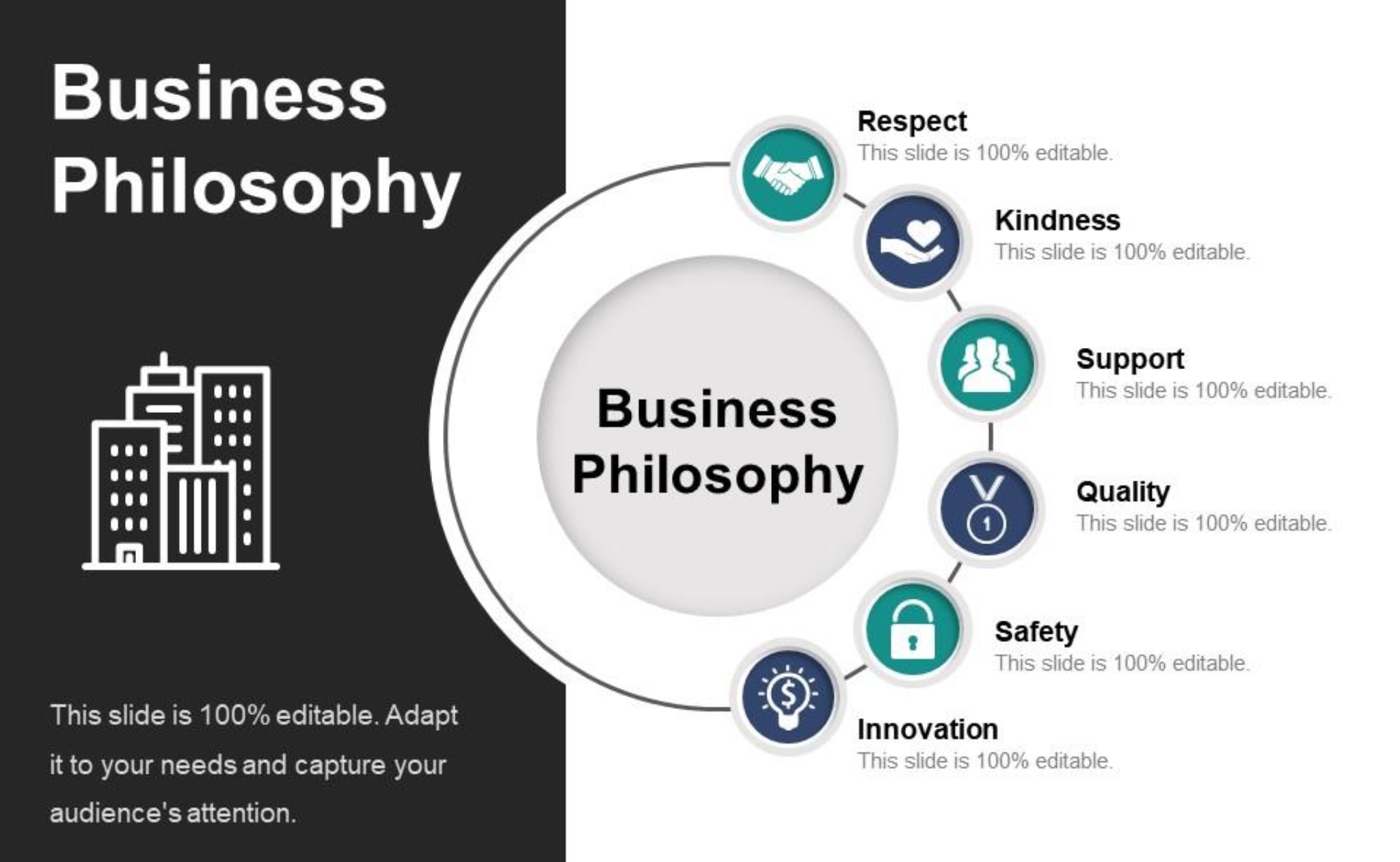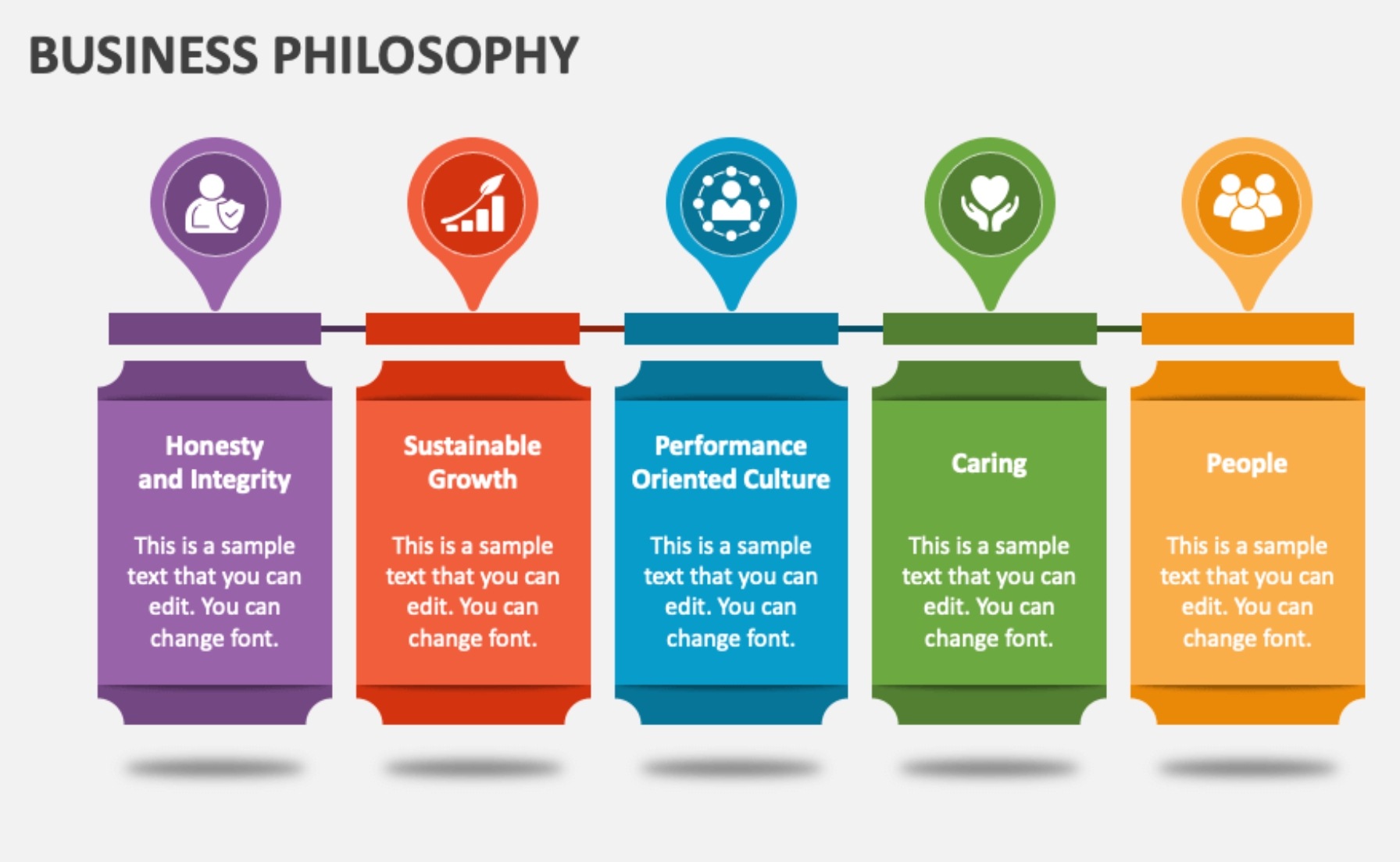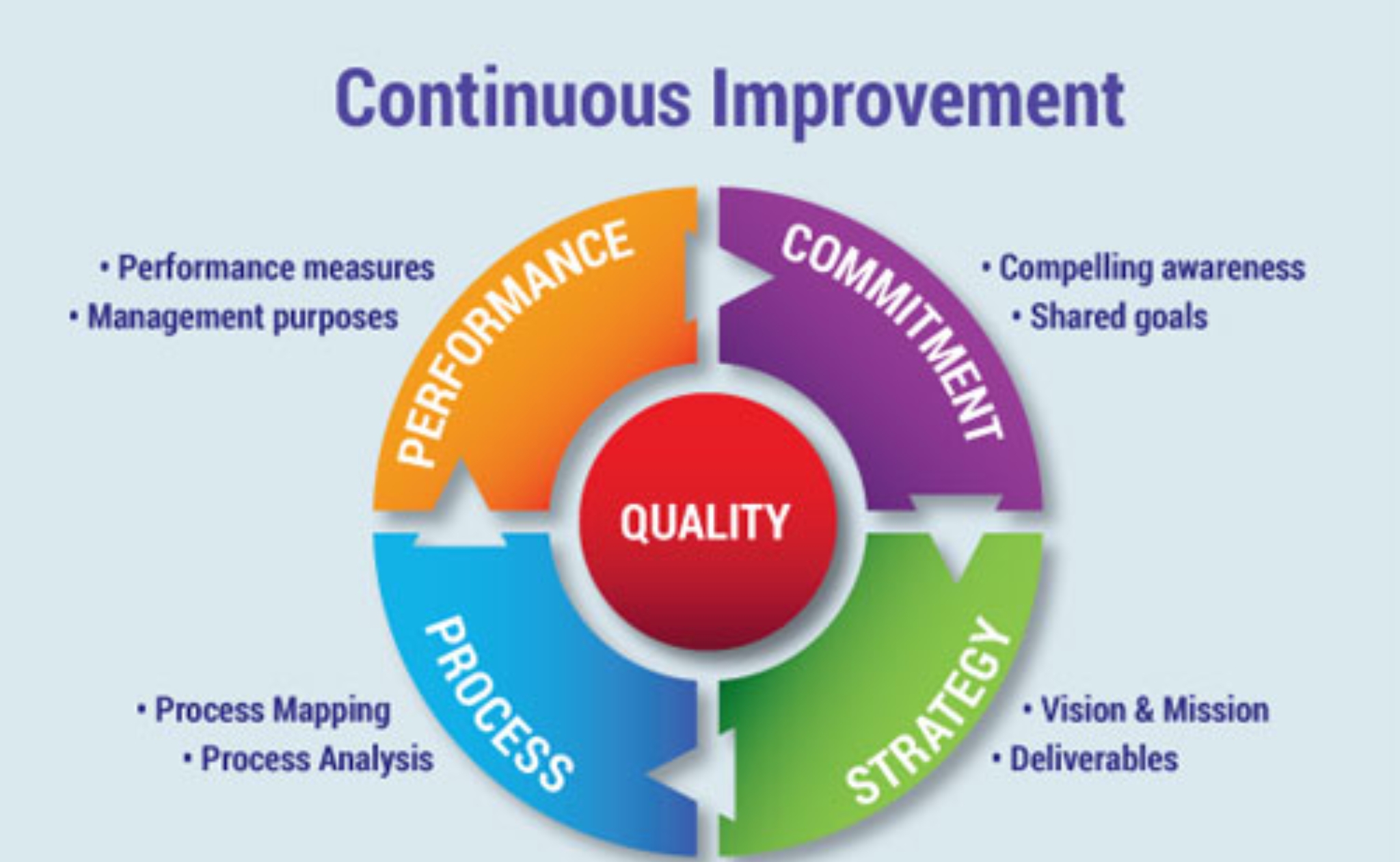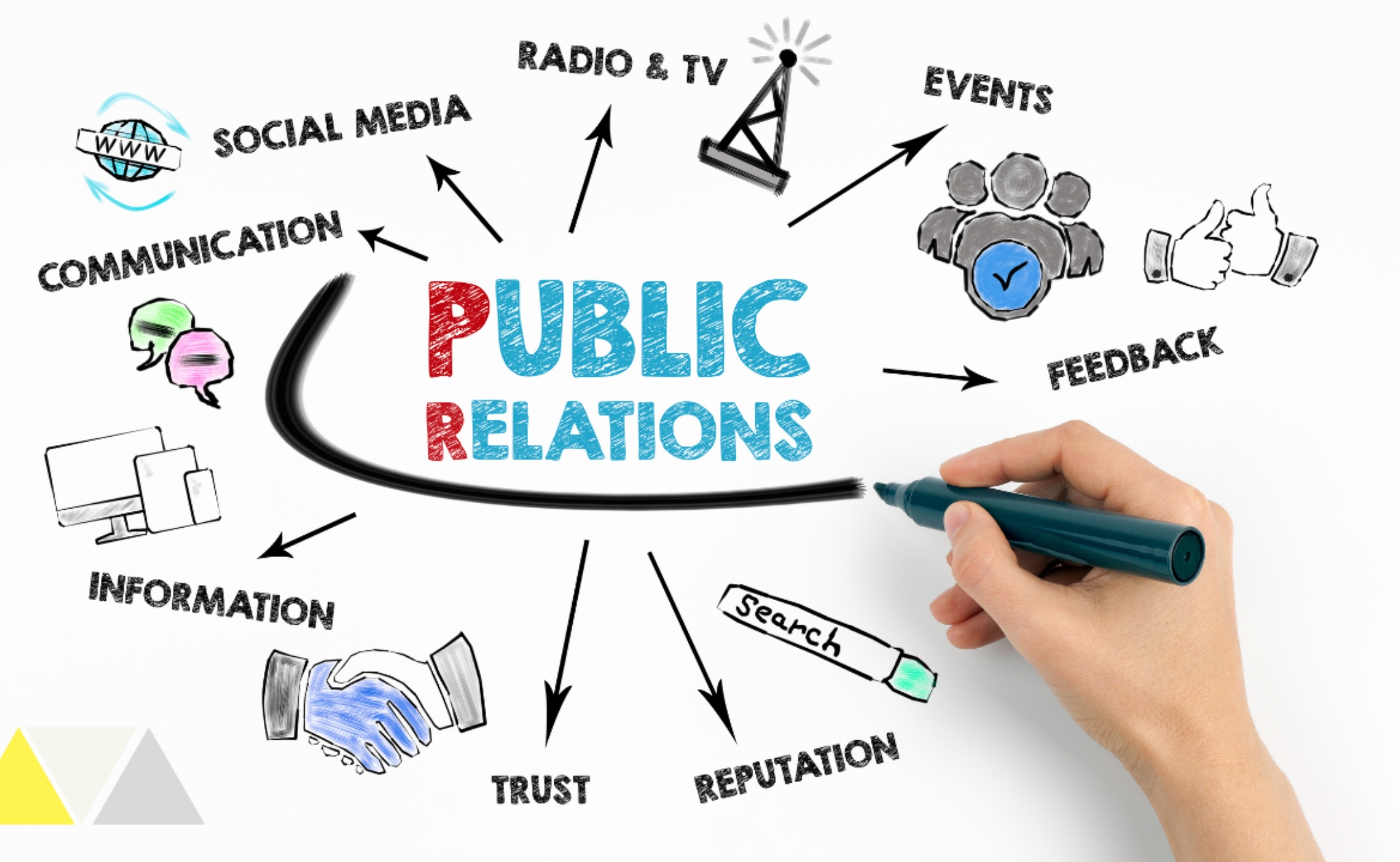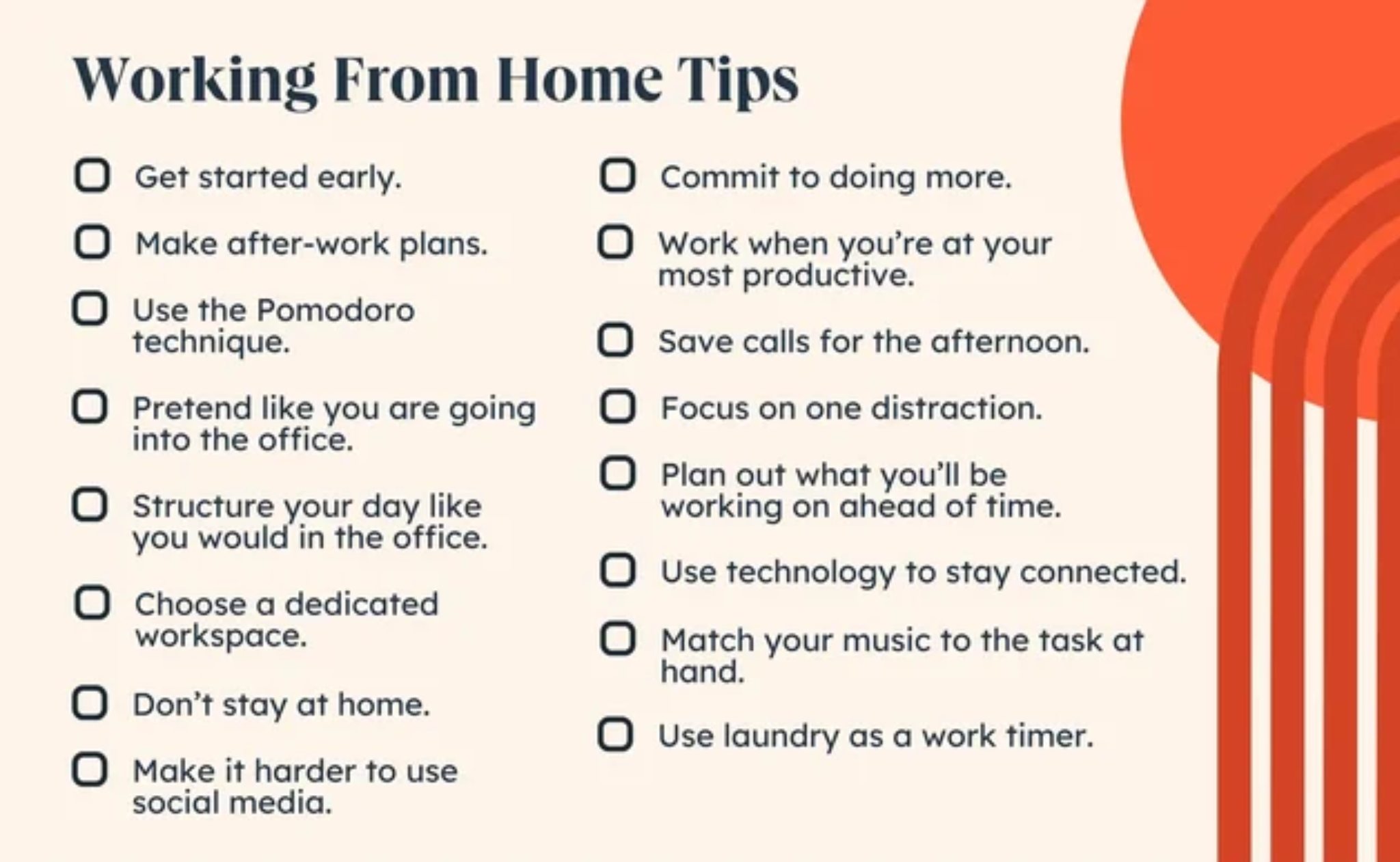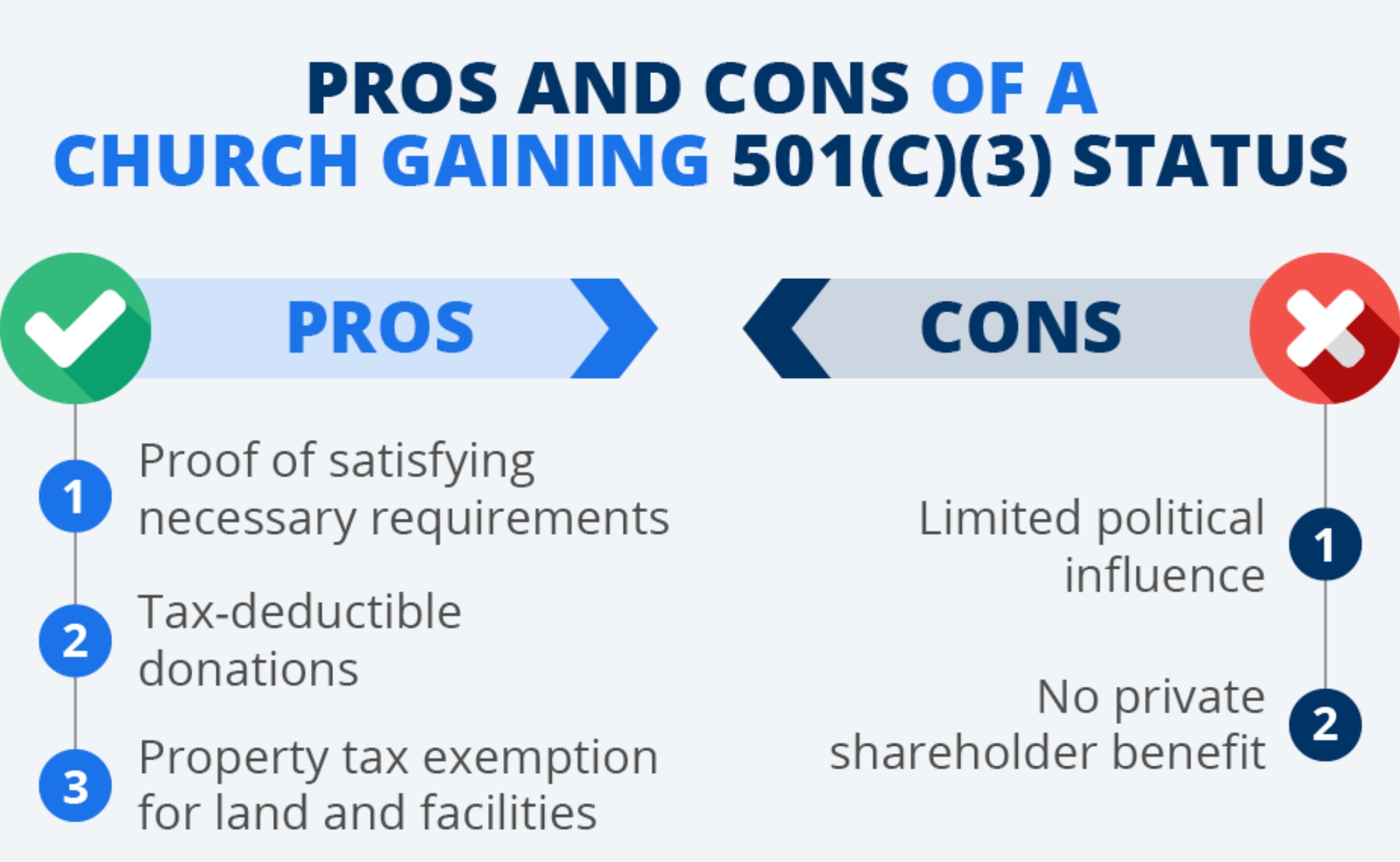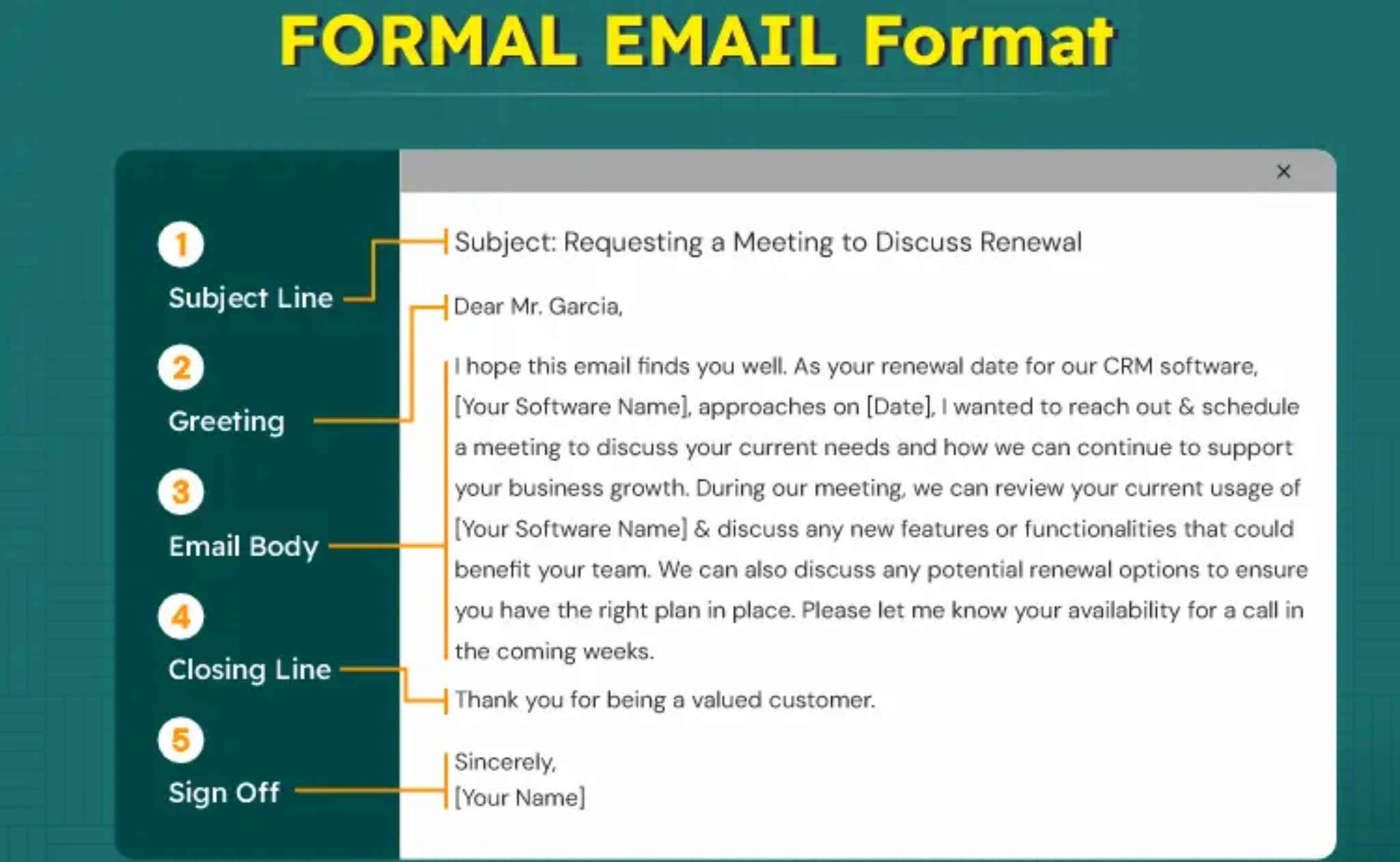Did you know that 90% of companies have “difficultly recruiting”?
Many job-seekers don’t demonstrate any ability to demonstrate teamwork skills when they are applying for positions. Unfortunately, these are the people that companies are most interested in hiring because they are the most productive and the most committed employees.
Regardless of your position or career level, having good teamwork skills can help you be much more successful, both personally and professionally. If you have the following skills, you’re more likely to:
- Thrive in a team setting.
- Stay committed to your company.
- Be more successful in the workplace.
Individuals who possess these skill-sets are much more likely to achieve their professional goals. Here are a few more specific tips for demonstrating these key qualities:
- Network with people you’d like to work with.
- Smile at others.
- Participate in conversations and meetings.
- Help others when you can.
- Communicate with the company manager.
- Be accountable to the company and keep your work focused and on track.
Do you have these skills in your repertoire? Have you perfected them and utilized them regularly?
Workplace roles and responsibilities

Here’s a scenario that hopefully doesn’t sound like it’s from your work experience.
Let’s say you’re a retail worker. You have two customer reps.
You’re making sure customers find what they want, and you’re doing so in an efficient, accurate manner.
However, you know your team isn’t doing their best job. So, you decide to figure out who has the most potential and take the initiative to improve.
You’ll give each of them a role and then ask them to stick with it until they meet your expectations.
How you would handle this situation:
- Communicate your expectations and explain the importance of your mission.
- Identify who has the most potential.
- Give them a specific job.
- Stay focused and ensure the results are up to par.
Employers want employees who are willing to be great team players.
4 tips for showcasing teamwork skills

Employers and employees alike expect those on their team to communicate and act as part of a team. How do you demonstrate this quality?
“It’s tough for a company to retain top talent if people aren’t valued as individuals and as contributing members to the company,” said Rudy Garcia-Williams, managing partner of Jopwell, an online career-recruiting platform.
“When people view their jobs as opportunities to be in a team environment and to take on responsibility and ownership, they tend to stay much longer and are much more motivated,” he added.
Here are four ways you can do that:
-
Smile
The majority of people engage in the act of smiling at least once a day, especially when they are having a good day. Smiling brightens your whole day and will remind you of the good things going on in your life and the world around you.
The reason it works so well? Smiling triggers the release of neurochemicals, including dopamine, oxytocin, and serotonin, in the brain that makes you feel good.
“In other words, smiling puts you in a happy mood, which motivates you to think positively and helps you perform at your best,” said Dr. Jeff Doody, professor, and chair of the Department of Human Sciences at Michigan State University. “A consistent smile, especially when the expression is genuine, can set a positive tone for the whole workplace.”
It’s important to remember that you should be able to detect sarcasm, cynicism, hostility, and other emotions that you wouldn’t want to show on your face.
Smiling is a quick, easy, and powerful way to be uplifting and attract positive energy.
-
Participate
Spending time with your team members gives you opportunities to see how they work as a team. You can learn a lot about them through observation – their strengths and weaknesses, their motivations, and their leadership styles.
This will give you a better understanding of how your team’s culture and work environment should look and feel.
As employers, we need to create an environment that engages and motivates our team. Helping them see how they can create a positive, fun, and collaborative work environment will help keep them engaged and happy in the long run.
-
Give feedback
Feedback is an important factor in demonstrating your commitment to your team. A true leader can be trusted to provide honest, constructive feedback when needed and work with you to improve.
“Feedback should be given consistently and continually, and it should never be restricted to only a select few,” said Mike Wainell, CEO of Google Ventures and co-founder of Uptake, a software development company.
For instance, if someone is often missing deadlines or becoming disengaged in the process, it’s easy to respond with, “It’s a busy time, and you know that, but I need to know that you’re still committed to the project.”
However, people who aren’t used to receiving feedback might be hesitant to take that approach and may want to rely more on self-improvement techniques or group discussion. Instead of saying, “I’d like your input on how to improve,” which feels more like a reprimand or “You need to improve,” which comes off as criticism, a more effective approach would be to offer this type of feedback, “It would be helpful to have the progress reports from previous weeks and check-ins with me so that I know you’re still focused.”
-
Be aware of negativity
Negativity has a very negative connotation, but it shouldn’t be.
Your team’s overall happiness can come down to your ability to understand your employees’ feelings, so it’s imperative to be aware of what you and your team members are thinking and feeling at all times.
Being positive doesn’t mean that you aren’t thinking critically or that you can’t take criticism.
For instance, if a team member is frustrated with a project, it’s easy to respond with, “I understand that you’re frustrated, but let’s get this thing done, okay? I’ll meet with you at the end of the day so that we can get it off your plate.”
Even though that may seem very positive, it communicates that the goal is to get the project done, which isn’t always the point.
Conclusion

When it comes to demonstrating your team skills, you need to be confident. You also need to use various techniques.
Working with someone is all about working together. If you’re demonstrating teamwork skills, it’ll show that you’re more than willing to work with others and help them to achieve their goals.
If you want to improve your skills, it’s worth checking out our website for more information. It contains lots of free advice to help you get more from your team.














